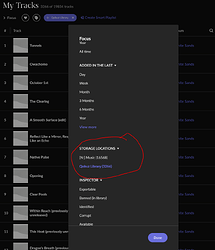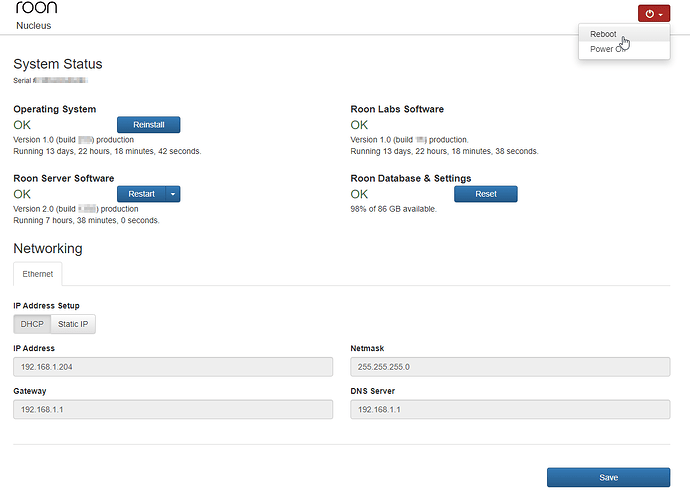Agreed. Improving DRAM performance either by replacing DRAM with appropriately chosen faster modules or by going from single channel to dual channel does improve the performance of the machine.
However, I would argue that the performance improvement would not be dramtic enough to change a perception of a device from being slow to being acceptable. It would still be slow. In fact, I would be inclined to believe that a memory upgrade (to faster dimms) of a system that already has 2 channels in use would yield no observable change in performance.
Processor memory cache architectures are designed with the aim of separating processor performance from DRAM performance to the highest degree possible and, with modern processors, they have got very good at this indeed. As such, the memory utilisation patterns of many applications would mean minimal gains in system performance even with quite dramatic gains in memory performance.
Years ago, I had an I7-2700K based computer with some DRAM in it that had a number of RAM settings profies stored including an XMP profile for maximum performance. Naturally, I seleted the XMP profile 
However, at some point I had a system crash and on rebooting, the BIOS settings got reset to their defaults which meant that the DRAM was being clocked significantly slower. The point here is that, although, the computer was measurebly slower as a consequence (running tests like SANDRA memory bandwith tests), in normal use, even with the processor intensive applications that were the reason for me to buy the 2700K in the first place, I did not notice the difference. For example, the change in performance of my CaptureOne RAW image batch processor may have been to drop the image processing rate from ~30 images per minute to ~29 images per minute. Not really significant and certainly not noticeable.
The most significant DRAM performance upgrade will be going from single channel to dual channel (100% improvement in memory performance - but maybe a single digit percentage point rise in processor performance for most applications). Once that is done, it is highly doubtful that further performance improvements will be observed when the DRAM is upgraded to faster modules (which may yield a 10-20% improvement in memory performance if you are lucky and no improvement at all if the old modules were already well matched to the system). There are even cases where fitting higher performance memory can degrade the performance of the system although this tends to happen less often than it used to.
In short, if you have got to the point where you are blaming hardware for poor performance, a complete hardware upgrade (processor, chipset, DRAM, everything) will be need to make a significant difference.
Whether or not purchasing the Titan in order to get that performance is appropriate is another matter. From what I have read, it is likely to be a significant upgrade over the Nucleus+ but I suspect that other solutions may be even better from a performance point of view (i5 or i7 NUC13/ROCK combinations as well as systems based on desktop processors come to mind).

